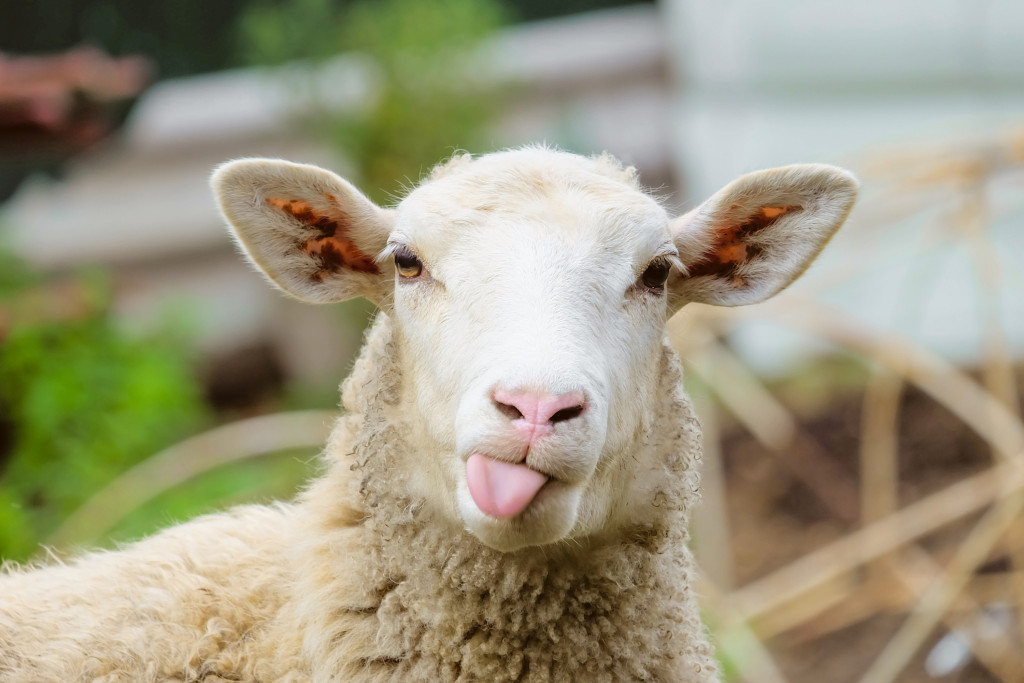- A balanced, nutritious diet is crucial for a dog’s health, growth, development, and overall well-being.
- Illness, diet changes, medications, environmental stressors, and behavioral issues can cause a dog’s loss of appetite.
- Immediate veterinary attention is necessary if a dog appears ill and refuses food for more than a day.
- Dogs with sensitive stomachs can benefit from diets containing lamb meat, rice, chicken with sweet potatoes, or liver.
- Always consult a veterinarian before significantly changing your pet’s diet and during loss of appetite.
One of the biggest concerns for pet owners is when their furry friend isn’t eating. Several reasons could cause loss of appetite and be a sign of illness. As a pet owner, knowing the reasons that could lead to loss of appetite and when to seek veterinary care is essential. Here’s why a dog’s diet is essential to their health, reasons they might not be eating, and the best diet for dogs that aren’t eating.
The Health of Your Dog And Their Diet
A dog’s diet is crucial to their overall health and well-being. Like humans, dogs require a balanced and nutritious diet to stay healthy and active . A proper diet provides all the necessary nutrients for a dog’s growth, development, and maintenance of good health. A good diet keeps them physically healthy and promotes better mental and emotional well-being.
Reasons Why Your Dog Might Not Be Eating
There are several reasons why your dog might not be eating. Here are some of them:
1. Illness
This is one of the most common reasons for loss of appetite in dogs. Various illnesses, including dental problems, kidney disease, stomach upset, and liver problems, could cause your pet to lose interest in their food . If your dog appears ill and refuses food for more than a day, seeking veterinary attention is crucial.

2. Change of Diet
They may refuse to eat if you recently changed your dog’s diet. Some pets need time to get used to new foods, and it could take a few days or weeks for your dog to adjust. To avoid digestive issues, it’s important to introduce new foods slowly.
3. Medications
Just like people, some dogs experience digestive issues when taking medications. Some medications could cause nausea or upset stomach, leading to a loss of appetite . It’s essential to consult with your vet about the side effects of any medication prescribed to your pet.
4. Environmental Factors
Dogs may also refuse food if they are stressed or experiencing environmental changes. For instance, moving to a new home or changing routine could affect your pet’s appetite. If your dog is less active than usual and shows signs of stress, you may need to consult your vet.
5. Behavioral Reasons
Some dogs may refuse food to act out or get attention. If your dog is healthy, they could refuse food as part of their behavior. This could be due to boredom, anxiety , or attention-seeking. It’s important to address the underlying cause of such behaviors by seeking the help of a professional dog behaviorist.
Best Diet For Dogs
Certain diets might be better for dogs with sensitive stomachs. Here are some of the best options:

Lamb Meat
It’s been known that lamb has a calming effect on dogs’ stomachs, making it ideal for those with digestive issues. It’s also an excellent source of protein and other essential nutrients. You can look up lamb meat for sale online to conveniently purchase this protein for your dog. Some websites might even offer discounts and special deals.
Rice
Rice is a great source of carbohydrates, making it an ideal option for dogs that have trouble digesting complex ingredients. It’s easy on the stomach and can help regulate bowel movements.
Chicken and Sweet Potatoes
This is another great option for dogs with sensitive stomachs. Chicken provides lean protein, and sweet potatoes are rich in fiber and other essential nutrients. This combination helps regulate digestion and supports your pet’s overall health. Breast meat is the best option since it’s leaner and easier to digest.
Liver
If your dog is suffering from a loss of appetite, liver might be the answer. The liver contains a high amount of protein and other essential nutrients that can help stimulate appetite and provide energy.
A healthy and balanced diet is crucial for your dog’s health and well-being. If your pet stops eating, it’s important to identify the underlying cause and seek veterinary attention if necessary. By understanding the reasons behind the loss of appetite in dogs and providing them with the best diet options, you can ensure your furry friend maintains good health and happiness. Always consult with your veterinarian before making significant changes to your pet’s diet.

